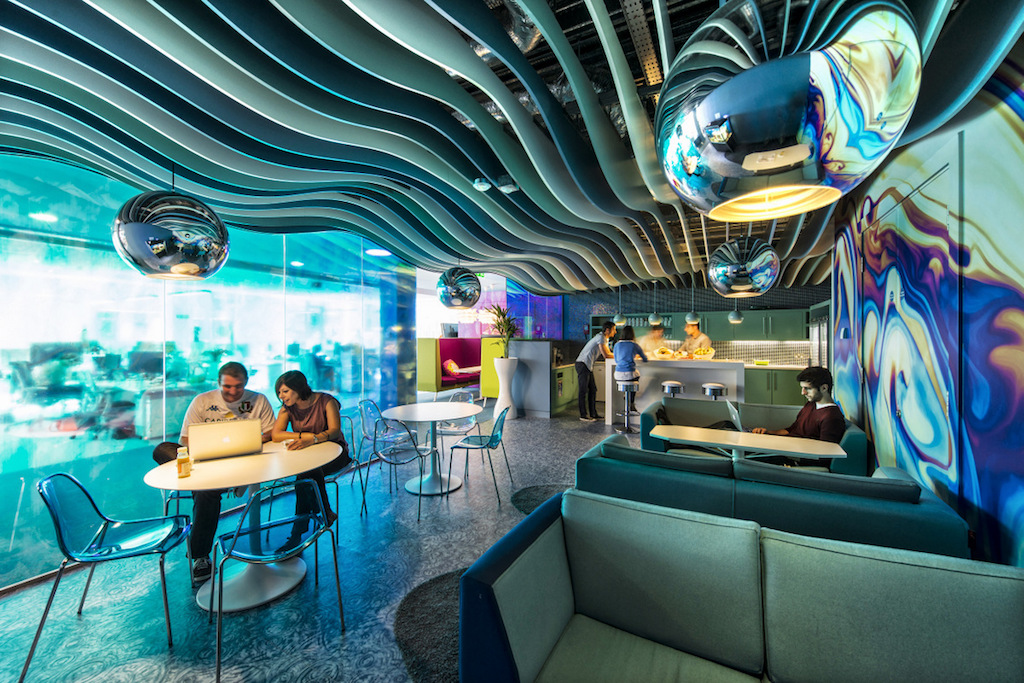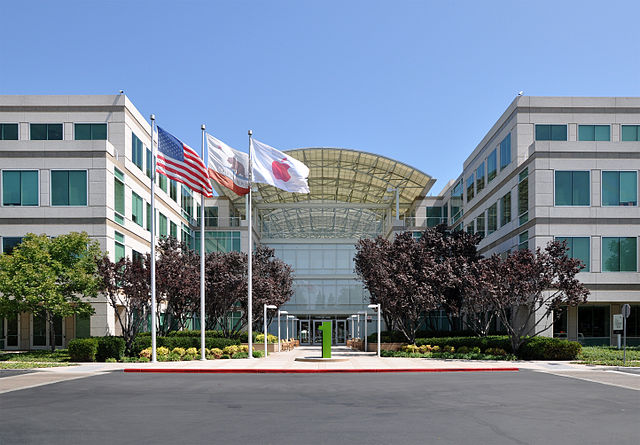Not only is Google rated the #1 place to work year after year, but it’s one of most valuable companies on earth. And that’s by no coincidence. To get there, Google spent years perfecting their employee perks to create a positive and highly-productive environment.

But Google has only been able to grow into a $360 billion company by trying bold new things and constantly iterating their systems—not by blindly applying the successful models of other companies.
To succeed as a startup, you also have to be careful not to just adopt trendy fads, but rather find what works best for you through constant iteration. In fact, there are tons of companies that do the opposite of what Google does and thrive as a result.
Here are some examples of super successful startups that refrained from Googlifying their environment.





